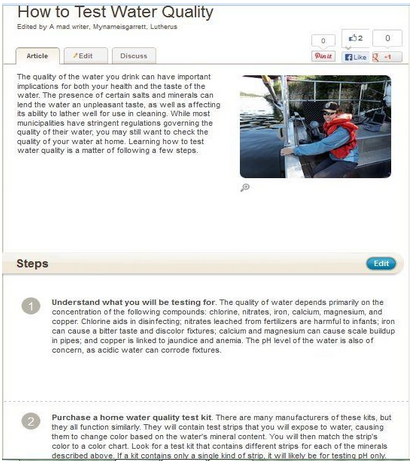Stormwater isn’t just an annoyance that you have to bear with whenever it’s pouring outside. If you have efficient stormwater storage or reuse systems, such as StormChamber by HydroLogic Solutions installed, you can keep the water for cleaning or washing purposes. Moreover, efficient storm water management should also involve identifying the water quality of what you have in storage.

What is Water Quality?
Water quality is a relative term that depends on what you’re actually testing for. An article by WikiHow states thus:
The quality of water depends primarily on the concentration of the following compounds: chlorine, nitrates, iron, calcium, magnesium, and copper. Chlorine aids in disinfecting; nitrates leached from fertilizers are harmful to infants; iron can cause a bitter taste and discolor fixtures; calcium and magnesium can cause scale buildup in pipes; and copper is linked to jaundice and anemia. The pH level of the water is also of concern, as acidic water can corrode fixtures.
Get a Test Kit
Get a water quality test kit online or from a local store. While there may be many brands out there, take note that the majority of test kits work the same way. The kit usually contains a number of strips that change in color once exposed in water (kits with only one strip are most likely for testing pH levels only).
Use the Strip
Read the manufacturer’s instruction on how each strip should be used and how it will indicate mineral or contaminant concentration. Oftentimes, you will have to dip the strip in a glass of room-temperature water and leave it there for a few seconds. When you pull the strip away from the water, it should change in color, and you’ll have to compare the strip’s color to a chart that comes with the testing kit.
Concentration
Comparing a strip’s color to the color chart helps determine how concentrated minerals are in your water. The kit should tell you which levels border on hazardous. Remember, though, that test kits are not a hundred percent accurate, so if you detect that your stormwater is filled with hazardous contaminants, you may have to call for professional inspection services.
Knowing the quality of your stored stormwater will determine whether it’s safe for watering your plants, washing your dishes, or other household tasks. You should also consider hiring a dependable contractor who implements stormwater best management practices and solutions to install a sanitary storage system for your home.
(Article Excerpt and Image from How to Test Water Quality, WikiHow)





